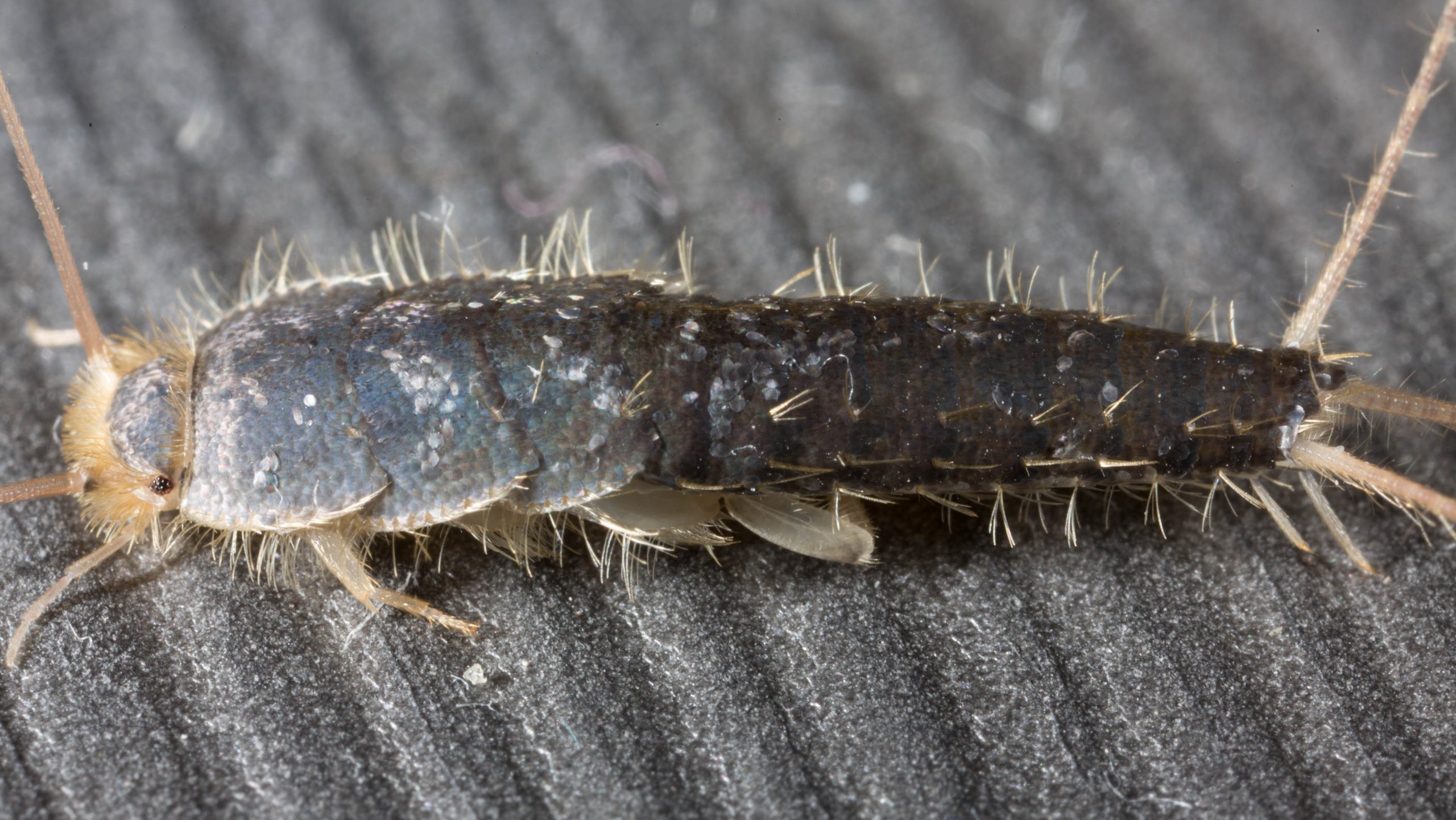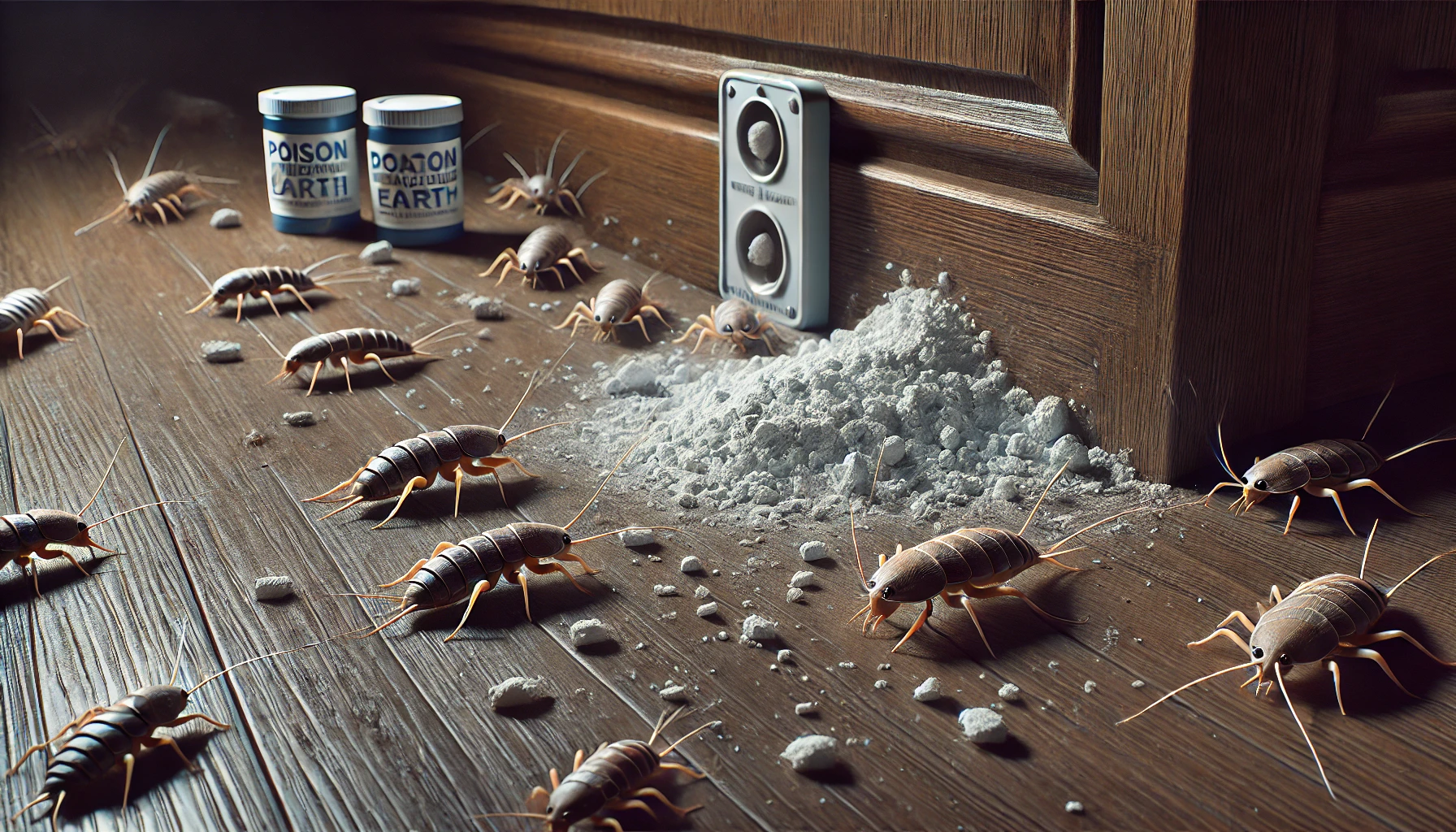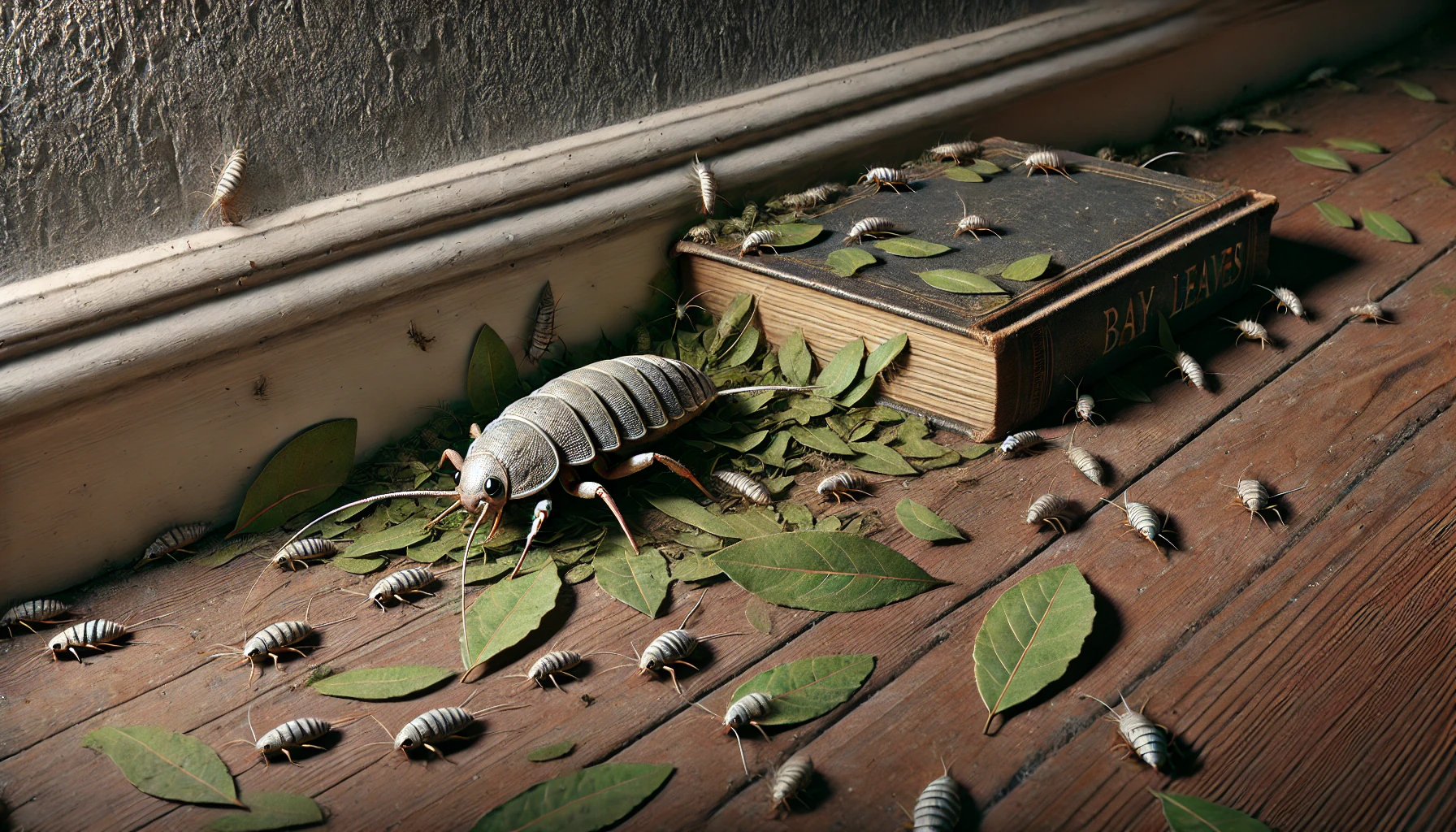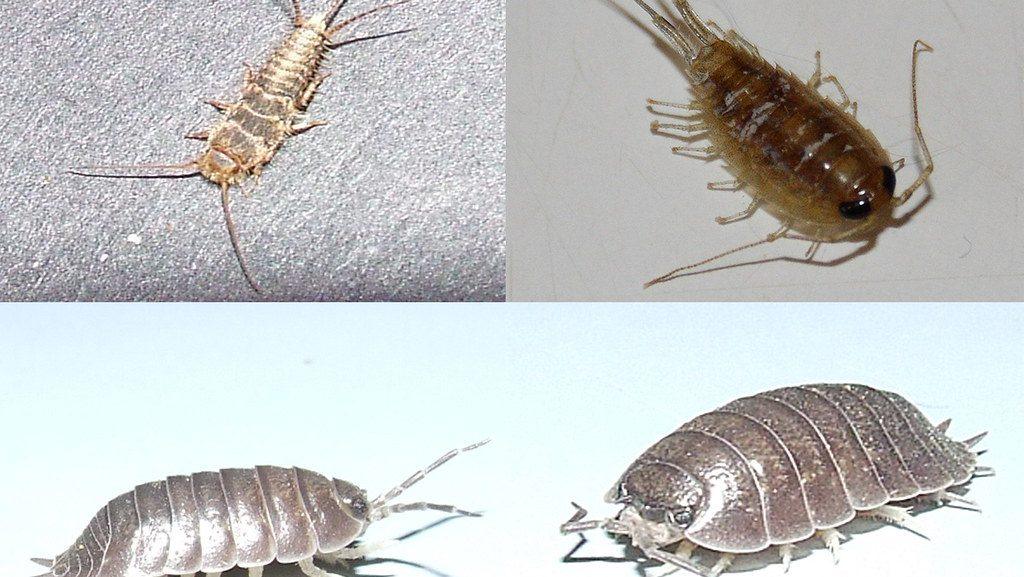Key Takeaways
- Silverfish rely on smell to navigate and find food.
- Essential oils and herbs can naturally repel silverfish.
- Cedarwood, lavender, and citrus are highly effective.
- Repellents should be refreshed regularly for effectiveness.
- Combining multiple scents enhances protection.
 Silverfish are very common household pests that grow in dark, damp environments and feed on paper, fabric, and other starchy materials. While they are not harmful to humans, their presence can be a problem, especially when they damage books, clothing, and stored food. Fortunately, certain scents are known to repel silverfish naturally, making your home less inviting to these pests.
In this article, we’ll explore the best smells that keep silverfish away and how to use them effectively.
Think you’ve spotted silverfish around your home? Schedule your Free Pest Inspection Today, and our experts will quickly identify and address any pest issues. Keep your living spaces pest-free and comfortable!
Silverfish are very common household pests that grow in dark, damp environments and feed on paper, fabric, and other starchy materials. While they are not harmful to humans, their presence can be a problem, especially when they damage books, clothing, and stored food. Fortunately, certain scents are known to repel silverfish naturally, making your home less inviting to these pests.
In this article, we’ll explore the best smells that keep silverfish away and how to use them effectively.
Think you’ve spotted silverfish around your home? Schedule your Free Pest Inspection Today, and our experts will quickly identify and address any pest issues. Keep your living spaces pest-free and comfortable!
Why Do Certain Smells Repel Silverfish?
Silverfish rely heavily on their sense of smell to navigate their surroundings and find food. Strong, overpowering scents can interfere with their sensory receptors, making the environment unbearable for them. Many essential oils, herbs, and household items contain natural compounds that silverfish find irritating. By applying these scents in your home, you can create a barrier that prevents silverfish infestations without the need for harmful chemicals.Top 10 Smells That Repel Silverfish


Not getting a solution?
Get your free pest control estimate today!1. Cedarwood
Cedarwood has long been used as a natural pest deterrent, particularly for moths and silverfish. The strong aroma of cedar oil contains compounds like thujone, which disrupts the nervous system of insects and repels them effectively. How to use: Place cedar blocks, shavings, or sachets in closets, drawers, and storage areas. Use cedar essential oil diluted with water as a spray for baseboards and dark corners.2. Lavender
Lavender is well known for its calming scent, but silverfish and many other pests find it overwhelming. How to use: Use dried lavender sachets in closets and cabinets. Add a few drops of lavender essential oil to cotton balls and place them in problem areas.3. Citrus (Lemon and Orange)
Silverfish dislike the strong citrus scent found in lemon and orange peels. How to use: Place fresh citrus peels in areas where silverfish are present. Replace them regularly as they dry out. You can also use citrus essential oils mixed with water as a spray for bookshelves and storage spaces.
4. Peppermint
Peppermint oil is a well-known natural insect repellent that also works against silverfish. How to use: Soak cotton balls in peppermint essential oil and place them in closets, behind furniture, and near baseboards. A peppermint oil spray can be applied to cracks and crevices where silverfish might hide.5. Cinnamon
The strong and spicy scent of cinnamon is another effective deterrent for silverfish. How to use: Sprinkle cinnamon powder in corners, on bookshelves, or in storage boxes. Cinnamon sticks can also be placed in drawers and cupboards.</span>6. Cloves
Cloves contain eugenol, a compound that many insects, including silverfish, dislike. How to use: Scatter whole cloves in infested areas or place them in small fabric bags for long-lasting protection.7. Eucalyptus
Eucalyptus has a sharp, menthol-like scent that disrupts insects’ sensory receptors. How to use: Use eucalyptus essential oil in a diffuser or mix it with clean water to create a spray for furniture and storage areas.
8. Bay Leaves
Bay leaves naturally repel silverfish and other pests due to their pungent aroma. How to use: Place dried bay leaves in kitchen cabinets, bookshelves, and storage bins.9. Rosemary
Rosemary has a woodsy scent that silverfish avoid. How to use: Dried rosemary sprigs can be placed in linen closets and pantries. Rosemary essential oil can also be used in a spray.10. Cucumber Peels
Some homeowners have found that silverfish dislike the smell of cucumber peels. How to use: Place fresh cucumber peels in areas prone to silverfish activity and replace them every few days.
How to Use Silverfish Repellents Effectively
With using silverfish natural repellents, you need to be careful about their effectiveness. Below are some of the best ways to maximize these remedies effectively.Best Ways to Use Silverfish Repellents
-
Mix Multiple Scents for Stronger Protection: Combine cedar, lavender, and citrus essential oils or herbs to enhance repellent strength and broaden coverage.
-
Refresh Regularly: Reapply oils weekly and replace dried herbs as their effectiveness fades over time due to evaporation.
-
Target High-Risk Areas: Apply repellents in basements, closets, bookshelves, under sinks, and other dark, moist areas where silverfish are likely to hide.
-
Use Sprays for Broader Coverage: Mix essential oils with water and white vinegar to create a spray for baseboards, storage bins, and furniture crevices.
Additional Prevention Tips
While scents are a great deterrent, you should also take additional measures to prevent silverfish infestations:Silverfish Prevention Tips
-
Reduce Humidity: Use dehumidifiers and ensure good airflow in damp areas like basements, bathrooms, and laundry rooms.
-
Eliminate Food Sources: Store books, papers, clothing, and fabrics in sealed, airtight containers to prevent feeding opportunities.
-
Seal Entry Points: Use caulk to close cracks around doors, windows, baseboards, and utility openings to block access.
-
Clean Regularly: Vacuum and dust often, especially in less-used storage spaces where silverfish tend to hide and breed.

When to Call Professional Pest Control
While natural repellents can be effective in preventing minor silverfish problems, professional pest control might become necessary if:- The silverfish infestation persists despite your best efforts.
- You consistently notice silverfish sightings in multiple areas of your home.
- You discover significant damage to paper items, books, fabrics, or stored food.





